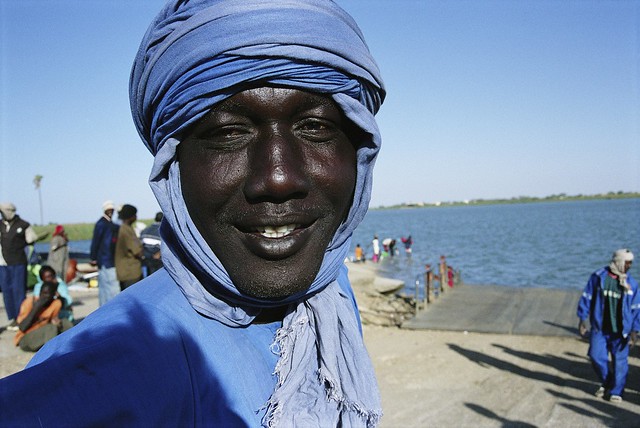About
Liberia’s political landscape remains dynamic and, at times, contentious. Recent political debates have focused on issues such as corruption, electoral reform, decentralization, and the rule of law. The defeated Coalition for Democratic Change (CDC), led by former President George Weah, is strengthening its party structure and infrastructure, looking ahead to the 2029 elections. The Alternative National Congress (ANC) has also elected new leadership to prepare for the next polls.
Liberia as of late has been witnessing an increase in the use/abuse and trafficking of illicit drugs and substances. The problem is particularly acute among young people, many of whom are drawn into substance abuse by socio-economic hardship, unemployment, trauma, and limited educational opportunities.
President Joseph Boakai, to strengthen government’s response to the crisis, replaced he leadership of Liberia Drug Enforcement Agency (LDEA) twice. Ghettoes are being raided and demolished, and traffickers are arrested, while users are being taken to rehabilitation centers for care. Lately, the Government has been providing logistical support for the LDEA across the country.
The Government has outlined its vision for Liberia’s development through the ARREST agenda – an acronym representing Agriculture, Roads, Rule of Law, Education, Sanitation, and Tourism. The Government wants to leverage these key sectors to reverse economic stagnation, emphasizing the need for comprehensive and interconnected development strategies. The Boakai administration continues to push its governance reform and development agenda forward. The plan for 2025 focuses on strengthening the economy, enhancing public services, and reforming government institutions.
A significant development in 2024 was the executive order creating an Office of the War and Economic Crimes Court to address abuses from the civil wars. This signals a new emphasis on combating impunity and increasing accountability.
Economy
Liberia's economy grew by 4.0% in 2024, driven by modest mining output as well as improvements in the services and agriculture sectors. Mining sector growth decelerated to 1.8% from 11.9%, while the manufacturing sector's growth moderated to 7.1% from 32.4%. Services increased by 5.0%, with growth attributed to trade, electricity supply, and transport. Agricultural output increased by 3.4%, driven by higher production of rubber and rice. On the demand side, private consumption and exports increased, while public spending decreased due to fiscal consolidation.
In 2024, inflation averaged 8.3%, down from 10.1% in 2023, supported by tight monetary policy and exchange rate stability. Food inflation fell from 28.4% in February to 9.7% in December, while core inflation rose from 3.2 to 11.3%. The Central Bank kept rates between 20–17% in 2024, later raising to 17.25% in July 2025. The Liberian dollar depreciated 8.5%, versus 12.6% in 2023. Inflation averaged 11.8% in early 2025 but eased to 5.6% by August.
In 2021, approximately half of Liberia's population was living below the extreme poverty line. Meanwhile, improved economic conditions have reduced extreme poverty to 33.1% in 2024, with further declines expected.
Fiscal conditions showed improvement in 2024. The overall fiscal deficit decreased to 2.0% of GDP in 2024, compared to 7.1% in the previous year, while the primary deficit was reduced to 0.8% from 6.1%. This resulted from a 4% GDP cut in public spending on goods and services and a 1.3% GDP rise in domestic revenue. Public debt was 57.2% of GDP in 2024, a marginal decrease from 57.8% in 2023, and is projected to further decline to 54.8% by 2027.
The current account deficit declined to 11.2% of GDP in 2024 from 26.4% in 2023, primarily due to a reduction in the trade deficit. This improvement was supported by an increase in exports, driven mainly by gold, and a decrease in imports. The deficit was covered by foreign direct investment and aid.
Last Updated: Oct 07, 2025








